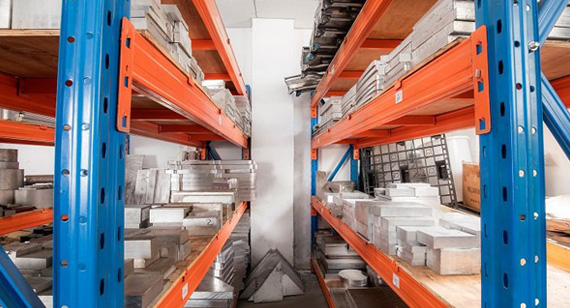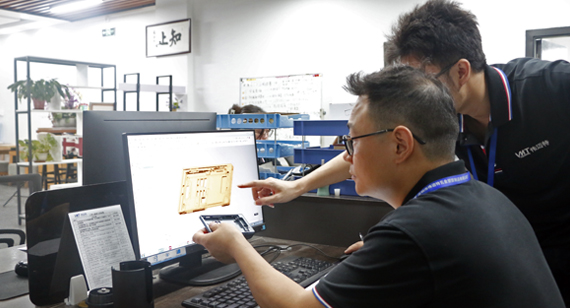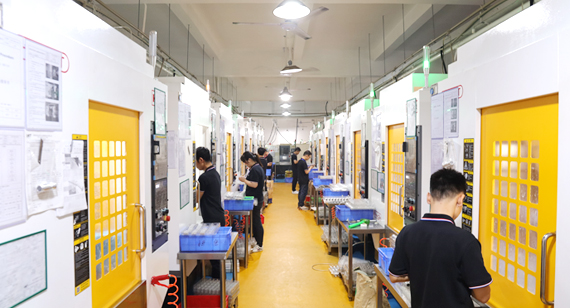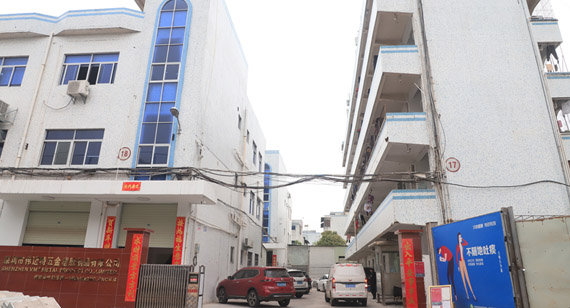Reducing the cost of copper CNC machining involves optimizing various aspects of the process, from material selection to machining techniques. Here are several strategies to help minimize copper CNC machining costs:
1. Material Selection:
Choose cost-effective copper alloys based on the specific application requirements. Different copper alloys may vary in price, and selecting the most suitable one for your project can contribute to cost savings.

2. Efficient Design:
Optimize the design of your CNC parts to minimize complexity and CNC machining time. Simplifying geometries, avoiding unnecessary features, and reducing tight tolerances can lead to more efficient machining.

3. Tighter Tolerances and Specifications:
Specify tolerances that are necessary for the functionality of the part. Looser tolerances can reduce machining time and costs. However, ensure that the chosen tolerances meet the required quality standards.
4. Bulk CNC Machining Ordering:
Consider ordering materials and CNC machining services in bulk to negotiate better pricing with suppliers. Bulk orders may provide discounts and reduce overall production costs.

5. CNC Machining Optimization:
Optimize toolpaths and cutting parameters to minimize machining time and tool wear. Efficient programming and tool selection can significantly impact the overall cost of CNC machining.
6. Automation and Robotics:
Implement automation and robotics where feasible. Automated processes can enhance efficiency, reduce labor costs, and improve overall production speed.
7. Proper Tool Maintenance:
Regularly maintain and sharpen cutting tools to prolong their lifespan. This helps to reduce the frequency of tool replacements, saving on tooling costs.
8. Waste Reduction:
Minimize material waste by optimizing the nesting of parts on raw material sheets. Efficient material usage reduces the amount of material needed for each component.
9. Vendor Collaboration:
Collaborate closely with CNC machining supplier. Discuss your cost-saving goals with them, and seek their input on how to optimize the manufacturing process and reduce expenses.

10. Energy Efficiency:
Implement energy-efficient practices in CNC machining. This includes optimizing machine tool usage and considering off-peak energy consumption for cost savings.
11. Continuous Improvement:
Foster a culture of continuous improvement. Regularly evaluate processes, gather feedback from operators, and implement refinements to enhance efficiency and reduce costs.
12. Training and Skill Development:
Invest in the training and skill development of CNC operators. Skilled operators can optimize processes and make more efficient use of equipment, contributing to cost reduction.
13. Shop Floor Layout Optimization:
Design an efficient shop floor layout to minimize material handling time and streamline the production flow. An optimized layout can contribute to faster turnaround times and reduced costs.
14. Evaluate Secondary Operations:
Assess whether secondary operations, such as additional surface treatments or inspections, are truly necessary. Minimizing secondary operations can reduce overall production costs.
By implementing these strategies, you can work towards reducing the cost of copper CNC machining while maintaining high-quality standards in your finished products.